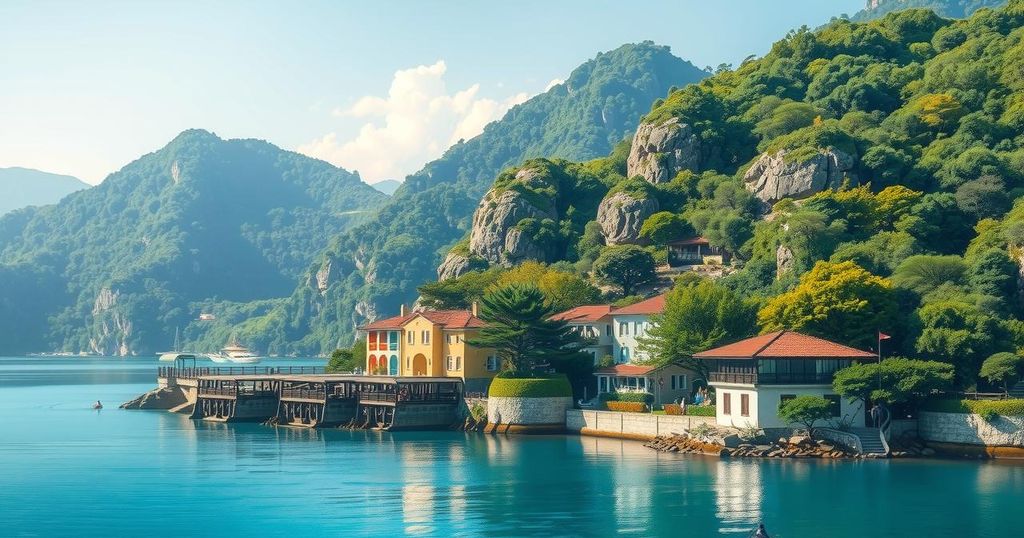Russia’s Lavrov in North Korea for Latest High-Level Visit

- Sergei Lavrov arrives in North Korea for high-level talks.
- Wonsan is the meeting place for Lavrov and Choe Son Hui.
- Plans to boost tourist flows from Russia to North Korea are in focus.
- North Korean troops’ involvement in Russia’s Kursk region was discussed.
- Relations between the two countries have strengthened since a military treaty.
Growing Diplomatic Ties Between Russia and North Korea
Russian Foreign Minister Sergei Lavrov has embarked on a significant three-day visit to North Korea, signaling the ongoing enhancement of relations between these two heavily sanctioned nations. Upon arriving, Lavrov convened with his North Korean counterpart, Choe Son Hui, in the resort city of Wonsan, marking a notable step in diplomatic engagements. Reports from the Russian Interfax wire indicate that these discussions reflect a mutual interest in bolstering ties, especially in areas like tourism and military cooperation, amidst increasing global scrutiny.
Tourism and Military Ties Enhancing Relations
During the meeting, Lavrov shared plans for boosting tourism from Russia to North Korea’s newly developed Wonsan‑Kalma Coastal Tourist Area, a project inaugurated by Kim Jong Un on June 24. He highlighted the necessity of resolving air travel issues to improve access for Russian tourists—an ambition that could stimulate economic growth in North Korea. Additionally, Lavrov underscored the historical camaraderie between the two nations, citing the involvement of North Korean soldiers in the liberation efforts of Russia’s Kursk region from Ukrainian forces. He deemed this as strong evidence of their burgeoning relationship, which he characterized as an “invincible brotherhood.”
International Implications of Russia-North Korea Alliance
The backdrop of this visit is critical, occurring just weeks after North Korea committed to dispatching an additional 6,000 military workers to Russia, a decision made during a meeting involving Kim Jong Un and a senior aide to President Vladimir Putin. This meeting marks Shoigu’s third visit to North Korea in under three months, further emphasizing the urgency and depth of their strategic partnership, particularly under the strain of international sanctions. Western governments have voiced concerns about potential arms deals and military technology exchanges between Russia and North Korea, suggesting that the provision of North Korean troops may be instrumental for Putin amid the ongoing conflict in Ukraine. Ukrainian military officials noted the substantial contribution of North Korean ammunition to Russian forces, underscoring the implications of this growing alliance.
Lavrov’s visit to North Korea underscores a significant strengthening of ties between two nations facing extensive sanctions. The discussions ranged from tourism enhancements to military collaborations, with historical ties emphasized through statements of unity. As both countries navigate their international challenges, their partnership appears to be evolving, with noteworthy military implications observed in ongoing conflicts.








